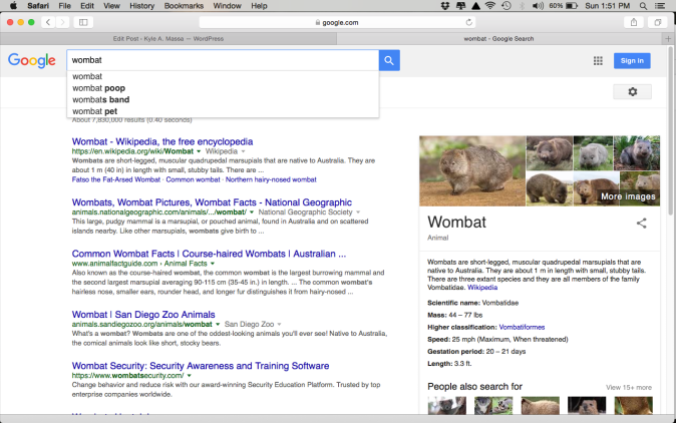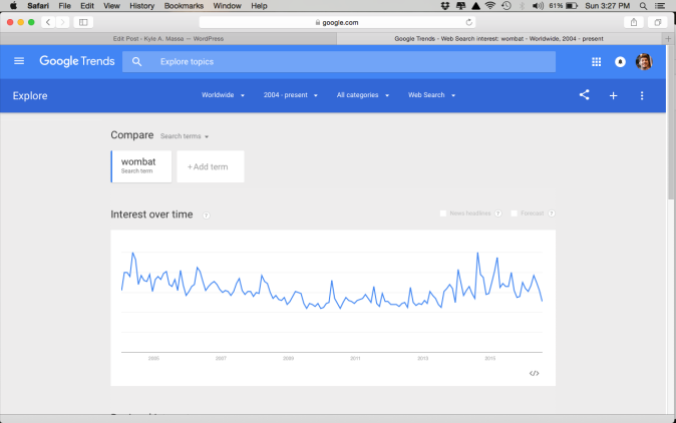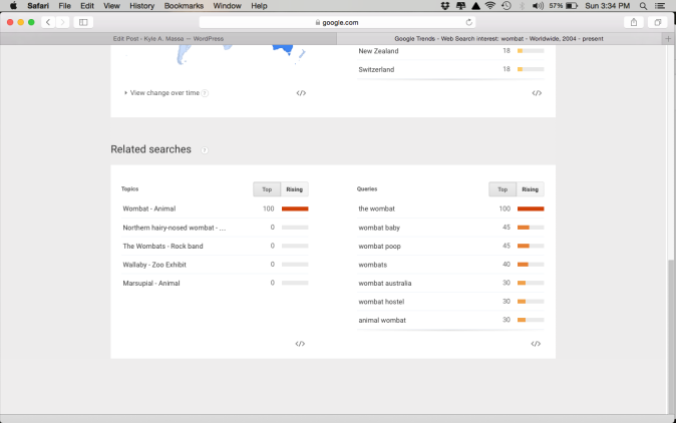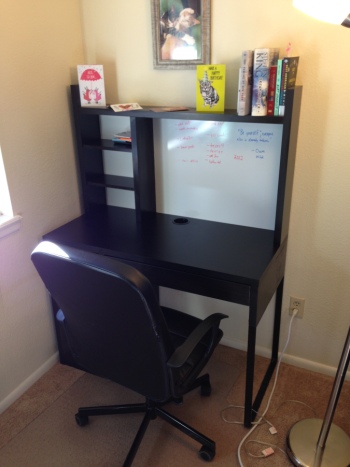
For many writers, there are few things less inspiring than a blank page.
Filling that space is one of the most difficult parts of writing. I know I’m not alone in thinking this; a lot of folks do just fine once they have something written. The issue is putting words on the page in the first place.
So what are some ways to get started? Here are some suggestions.
Don’t Think, Just Write
One of my favorite kickstarter techniques is to write anything. Promise yourself that you’re going to start with a five hundred word piece that won’t be seen or read by anyone ever again. Don’t worry about whether or not it’s good—it probably won’t be. The purpose here is not necessarily to write something great. The purpose is to warm up for the main event.
How does one discover a topic for this warmup piece? Get it from anywhere. The other morning I was drinking coffee from a mug with a turtle on it, so my story was about turtles. Just look around, pick out something you like, and roll with it. Sometimes that gives you exactly the spontaneity you need to get some words down.
Try a Writing Prompt
While I don’t especially dig these, a lot of writers find them helpful. Just type “writing prompt” into Google and see what comes up. You’ll probably find something to the effect of this: “You woke up to find you’ve switched bodies with your pet turtle, Butterton. What do you do?” Find a prompt you like and start writing.
Again, these don’t need to be exceptionally great pieces you’re coming up with. The point is that you’re writing, and that you’re doing some form of cognitive stretching. Keep it up and you’ll be ready for the heavy lifting.
Keep An Idea Notebook
Yet another way to fill the blank page is to reuse your old ideas. My mom encouraged me to do this and I think it’s brilliant. Buy a pocket-sized notebook and take notes on anything (no really, anything) that interests you. Jot down an interesting phrase you heard someone use, an idea for a story that wanders into your head, a weird news headline that would make for a great book. Whatever it is, write it down before you forget.
Revisit these ideas later. Use them as your own personal writing prompts. They’ll oftentimes give you a great starting point, and maybe, if you’re lucky, a piece you can be proud of.
Defeating the blank page is all about choosing methods that work for you. Likewise, it’s just as important to determine what doesn’t work for you. Discover your process, write, and repeat. And don’t let that empty page scare you.







 For example, let’s say you’re writing a conversation between two characters. We’ll call them Roscoe and Winifred, because those names are fun to say.
For example, let’s say you’re writing a conversation between two characters. We’ll call them Roscoe and Winifred, because those names are fun to say.












